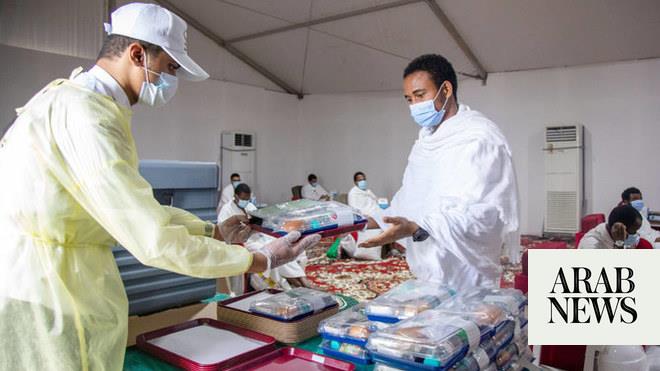
The ministry has instructed the poultry sector to store quantities for emergencies
Jordan’s standard demands for poultry are estimated at about 24,000 to 26,000 tons per month
Jordan’s Ministry of Agriculture has announced plans to secure food supplies in response to restricting measures aimed at controlling the coronavirus outbreak.
The ministry has instructed the poultry sector to store quantities for emergencies. Up to 9,000 tons have been stored which are expected to last two months.
Jordan’s standard demands for poultry are estimated at about 24,000 to 26,000 tons per month, of which about 25,000 tons are produced at local poultry farms.
Director of marketing and foreign trade at the ministry, Ayman Salti, told the Jordan News Agency, Petra, on Saturday that "the situation is comfortable regarding these supplies”.
“They can cover long periods of no less than three months, and up to eight months in some sectors,” he said.
The ministry said that 80 percent of the 3,000 tons of lamb meat that the country consumes per month are provided by local farms, adding that there are about 4 million sheep in Jordan, and more than one million goats.
Live sheep are also imported from Australia, Romania and Hungary in addition to chilled and frozen meat. Around 9,000 tons of chilled and frozen meat are imported annually.
At least 20,000 cows, as well as imported animals, will supply the monthly consumption of veal, estimated at 2,330 tons.
Dairy products, olive oil, vegetables and fruits will be provided by local farms.
Menwhile, complaints and concerns over water shortages rose by 58% in Jordan in the first day after a country-wide curfew was instated, water authorities said Sunday.
Jordan, the world"s fifth most water-stressed nation due to climate change and overuse, is trying to cope with increased demand from the public during coronavirus lockdown measures, said Ministry of Water and Irrigation spokesman Omar Salameh.
With schools and businesses shut down, and a full-fledged lockdown in place since Saturday, people are consuming more water at home, he told the Thomson Reuters Foundation.
Climate change, water theft and groundwater used twice as quickly as it"s replenished, make water security challenging in Jordan where the population has risen to about 10 million from 7 million at the start of the Syrian refugee crisis in 2011.












